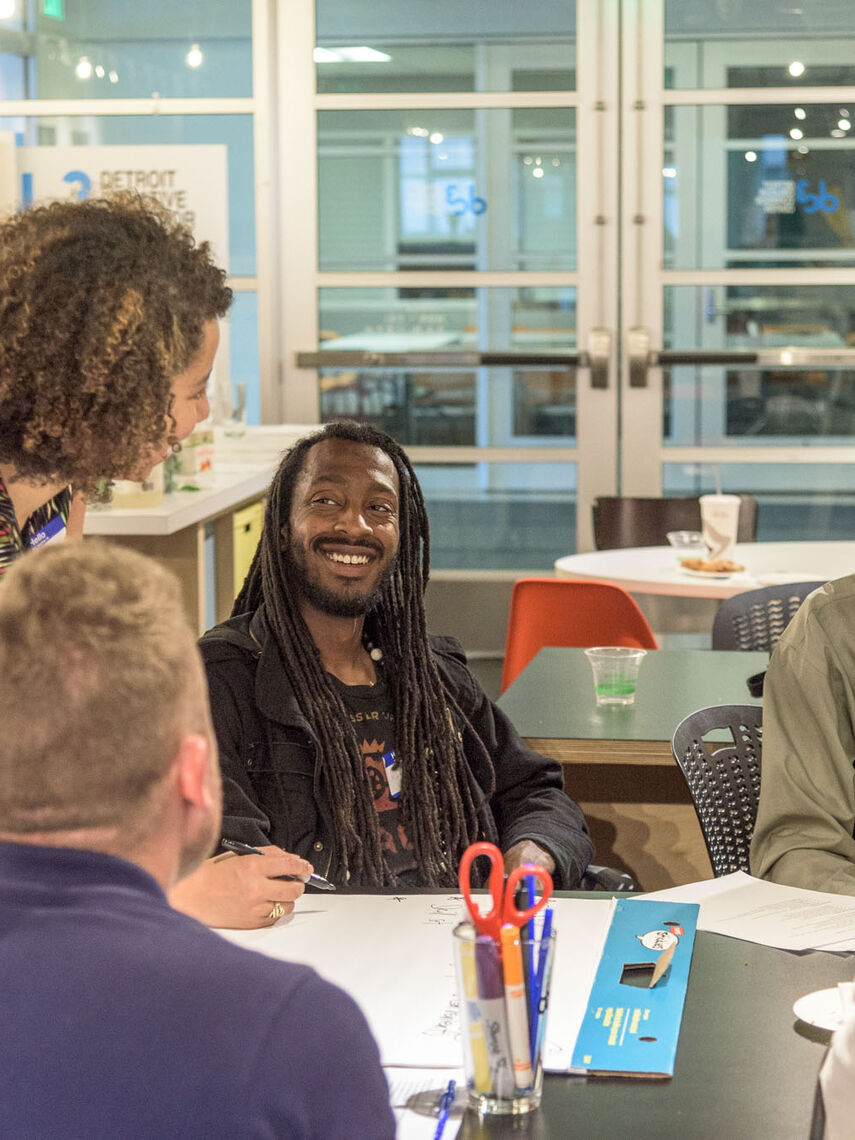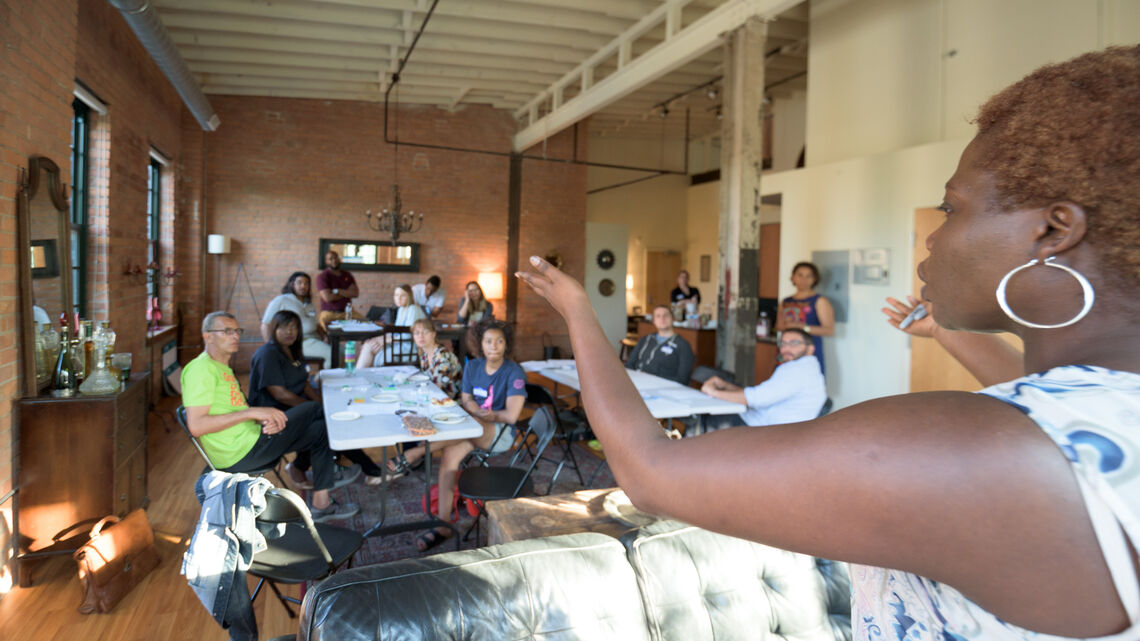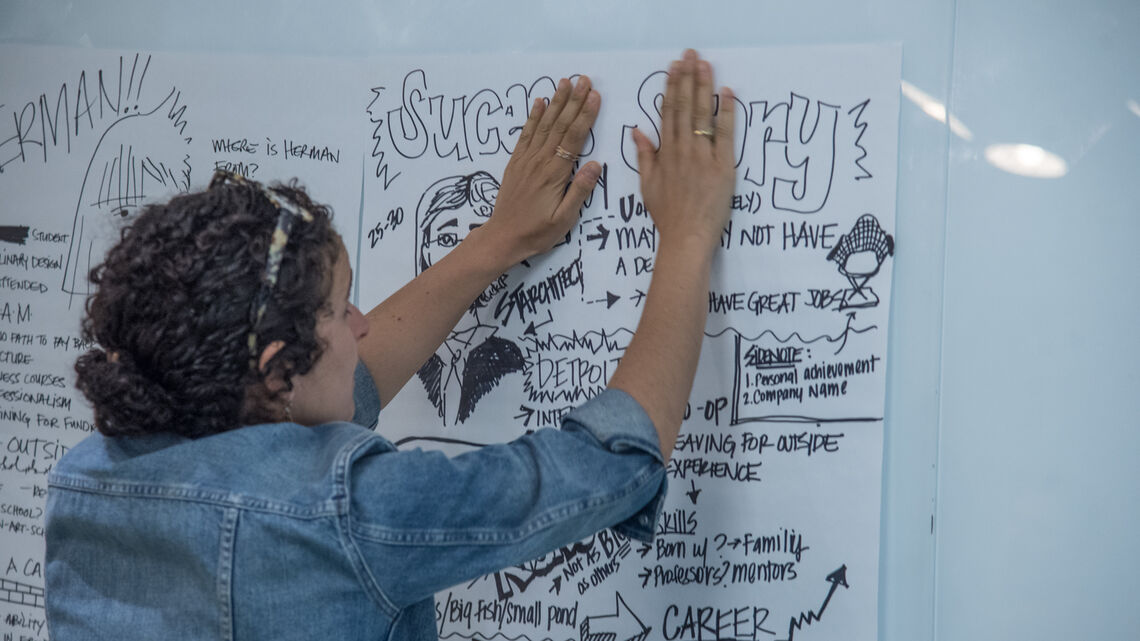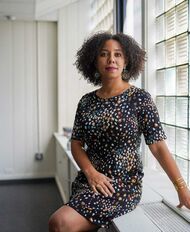Detroit City of Design
Communities the world over recognize the power of the creative economy. Detroit, a city with celebrated design traditions, sought to ensure the inclusion of Black and Brown designers and creatives in this growing sector and to champion career pathways toward economic mobility and wealth creation for all Detroiters.

Overview
After Detroit's designation as a UNESCO City of Design, Detroit Design Core selected Urbane to lead a 12-month effort to create an inclusive economic development plan for the city's design industries.
Detroit Design Core
2017 - 2018
Economic Impact Analysis
Strategic Framework Creation
Culturally Competent Facilitation
Action Plan Development

Synopsis
In 2015, Detroit became the first U.S. city to receive a UNESCO City of Design designation, joining 47 cities from 33 countries as new members of the UNESCO Creative Cities Network. Since then, Detroit Design Core (DDC) has worked to create a unified vision for Detroit's design economy that can support businesses and strengthen the community. In early 2017, DDC contracted Urbane to lead efforts to create an inclusive economic development plan for the city's design industries. Over the course of 12 months, the team quantified and codified Detroit's design economy and generated a series of strategies that DDC, in partnership with the City of Detroit, academic institutions, and CBOs could implement.
The four-phase project began in March of 2017 and continued through February 2018. Phase I consisted of discovery exercises, including a comprehensive literature review of the state of the creative economy – locally and globally. As part of the inquiry, Urbane assessed fields directly or tangentially related to design, such as technology and innovation; the future of automation; the state of mobility; and the built environment. Urbane also developed a series of case studies that highlight national and international leaders in design, including Austin, Seoul, Milan, and Mexico City, serving as aspirational models for Detroit.
In Phase II, Urbane undertook a rigorous collection and analysis of primary and secondary data. Pulling from research by the Detroit Economic Growth Council and the Michigan Creative Many reports, Urbane established benchmarks to evaluate the current state of Detroit's creative economy, looking at a range of indicators including the number of firms, number of creative professionals, and fiscal impact of the design industries. Urbane interviewed over 75 key stakeholders, such as city officials, local designers, financiers, and academics to provide a local lens to the pressing issues facing Detroit's design community. Lastly, the team held 4 interactive workshops with emerging designers, established creative professionals, and community residents to fill potential gaps unearthed in the secondary data analysis and to ensure a well-rounded approach to the strategy development.

During Phase III, Urbane synthesized and validated its findings through a series of public convenings to engage a broader group of stakeholders, design professionals, and Detroit residents. These larger gatherings were an opportunity for Urbane to ground-truth key findings and begin developing strategies that resonate with Detroit's communities.
In the project’s final phase, Urbane produced a comprehensive strategic framework of the state of Detroit's creative economy as well as strategies and next steps for implementation that address ways in which inclusive design practices can lead to inclusive economic growth. The project outputs included a toolkit for future data collection. The final report detailing the process, findings and recommendations is available via the Detroit Design Core website.





